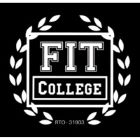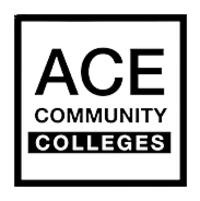
This role has a moderate level of AI exposure. AI can enhance efficiency for some tasks, but this job still relies on human skills and decision-making.
Explore all careersA Therapy Assistant supports allied health professionals such as physiotherapists, occupational therapists, and speech pathologists by assisting with the delivery of therapeutic programs.
Get qualified to work as a Therapy Assistant with a course recognised across Australia. Speak to a training provider to learn more.














Browse occupations related to Therapy Assistant



The demand for skilled Therapy Assistants in Sydney is on the rise, making it an opportune time to consider enrolling in Therapy Assistant courses in Sydney. These courses provide students with the necessary skills and knowledge to support healthcare professionals in various settings, including hospitals, rehabilitation centres, and community organisations. By choosing Training Providers that offer accredited Therapy Assistant training, individuals can ensure they receive a quality education that meets industry standards, paving the way for rewarding careers in health and community services.
Completing a Therapy Assistant course in Sydney allows aspiring professionals to explore a variety of job roles, such as Occupational Therapy Assistant and Physiotherapy Assistant. These roles play a critical part in enhancing patient care and promoting rehabilitation strategies. By obtaining relevant skills through reputable courses, graduates can position themselves competitively in the job market. Training providers in the Sydney area are recognised by the relevant industry bodies, ensuring the courses are both relevant and respected within the industry.
Offering a blend of theoretical knowledge and practical skills, Therapy Assistant courses in Sydney typically cover essential topics such as anatomy, rehabilitation techniques, and communication skills. The curriculum is designed to equip students with a comprehensive understanding of the role of a Therapy Assistant, preparing them for real-world scenarios they will encounter in their future employment. Students often benefit from hands-on experience, allowing them to apply what they've learned in a practical setting, which is essential for building confidence and competence in delivering patient care.